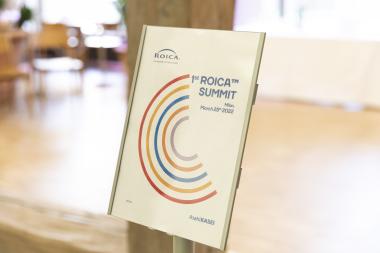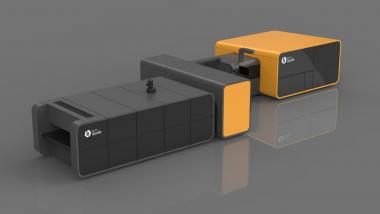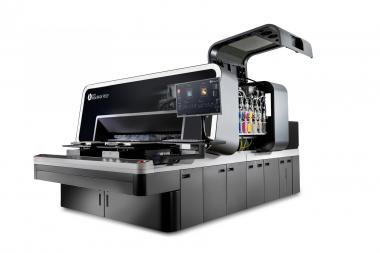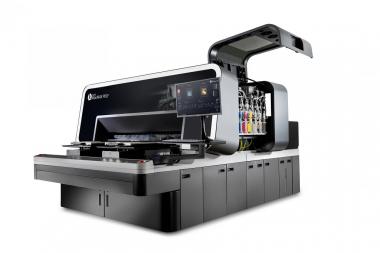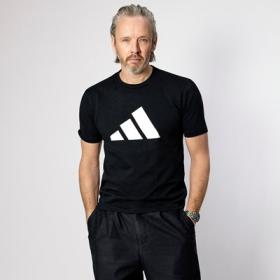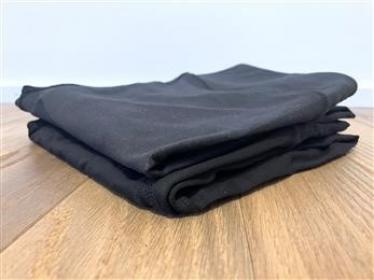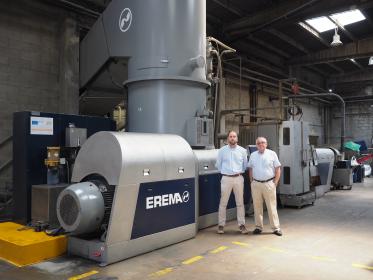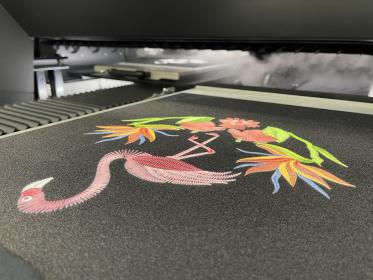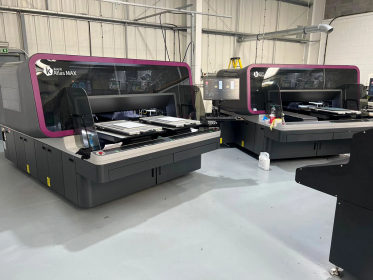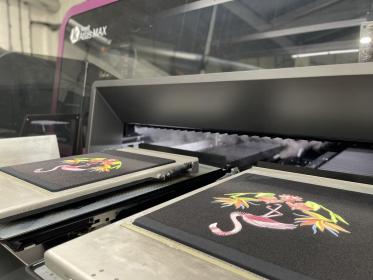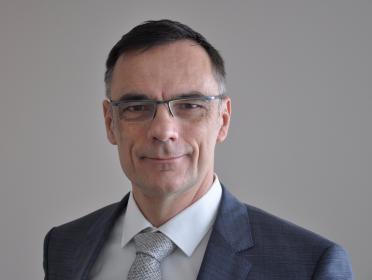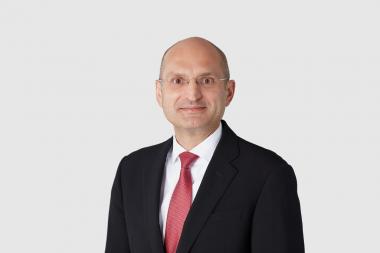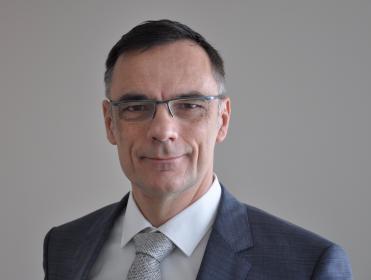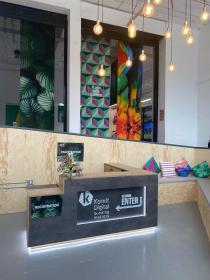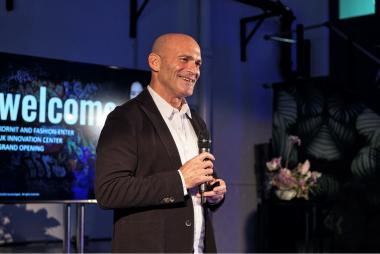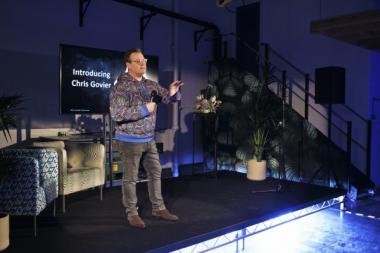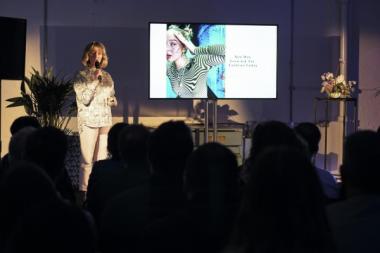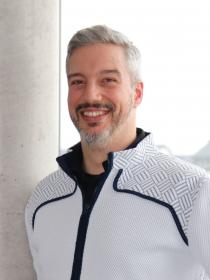ROICA™ by Asahi Kasei held its first business summit at Triennale Milano
On the 25th of March ROICA™ by Asahi Kasei invited its strategic European partners to the Triennale Design Museum for the first ROICA™ Summit, with the aim of sharing its global strategy and to consolidate relationships that are key to the Asahi Kasei global vision of its fiber and business.
Among the speakers Senior Executive Manager Mr. Shinichiro Haga and its successor Mr. Takehiro Kamiyama, who will take on the new role after more than thirty years in the Asahi Kasei Corporation and more than three years at ROICA™. Together they opened the floor by explaining the ROICA™ business strategy, which is based on three main steps:
- Continue to speed up ROICA™ responsible innovation
- Continue to speed up ROICA™ international partnerships with a strong focus on responsible innovation
- Continue to push a new generation of communication where its story making will align with an authentic and consumer driven storytelling based on values.
Then, Mr. Shinohe Hiroaki Chief Marketing Officer Europe, introduced the new production strategy at global level together with its program of partnerships, plus the marketing and communication programs for the next year and beyond in synergy with Giusy Bettoni at C.L.A.S.S.
“We are extremely pleased to be here with our European partners, thanking them for the continuous valuable cooperations that made ROICA™ so special, and sharing with them which will be our next steps in order to be leading responsible innovation. This is a very precious moment, during which we are able to talk face to face and install long-lasting relationships, with the aim of supporting the apparel industry by making premium stretch becoming a key player for wellbeing values, which are extremely precious for the contemporary consumer. And this will be part of sport, lingerie, hosiery , fashion and swimwear wardrobes thanks to the ROICA™ special new generation of premium stretch innovations” affirms Shinohe Hiroaki.
C.L.A.S.S.


